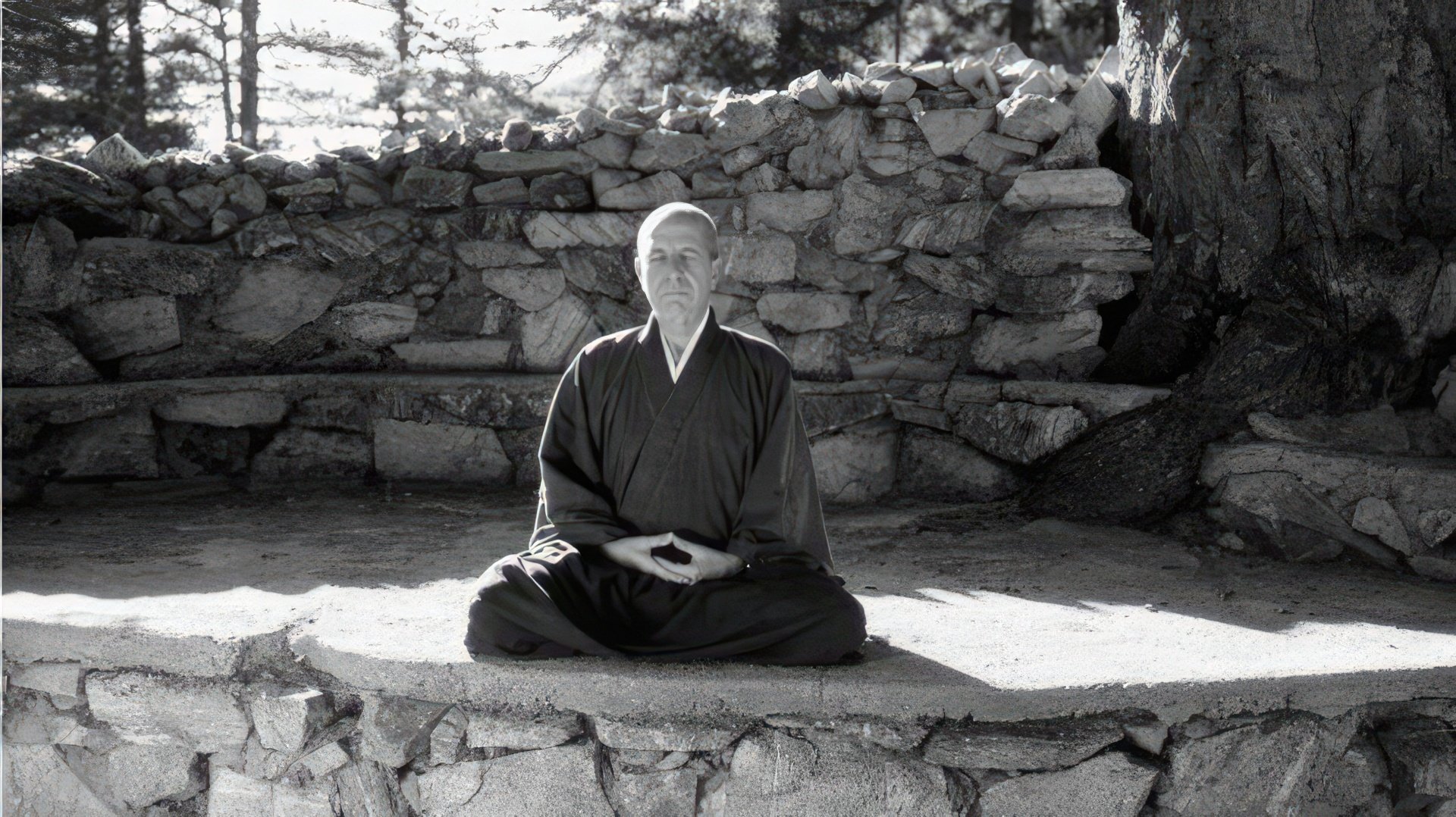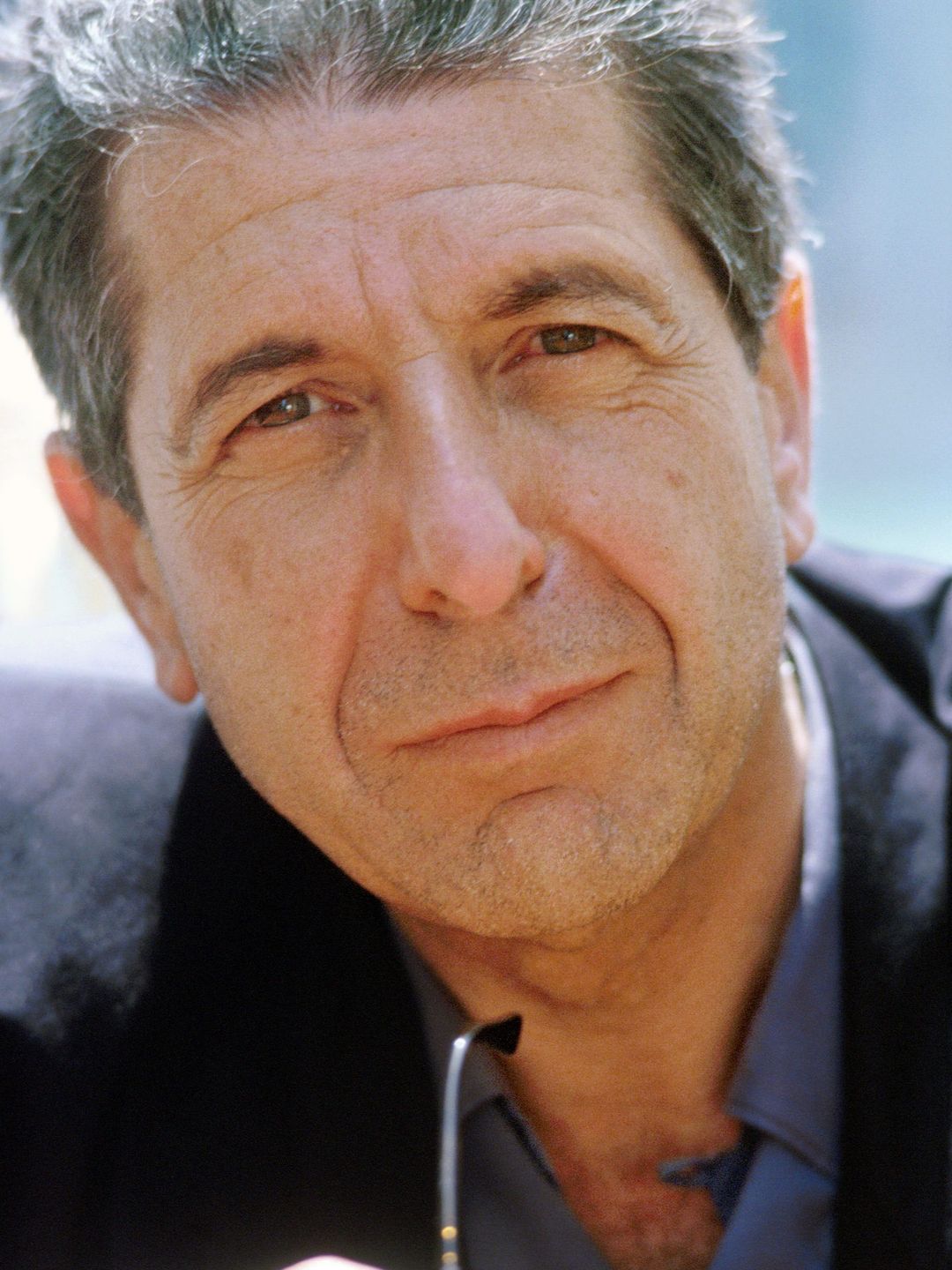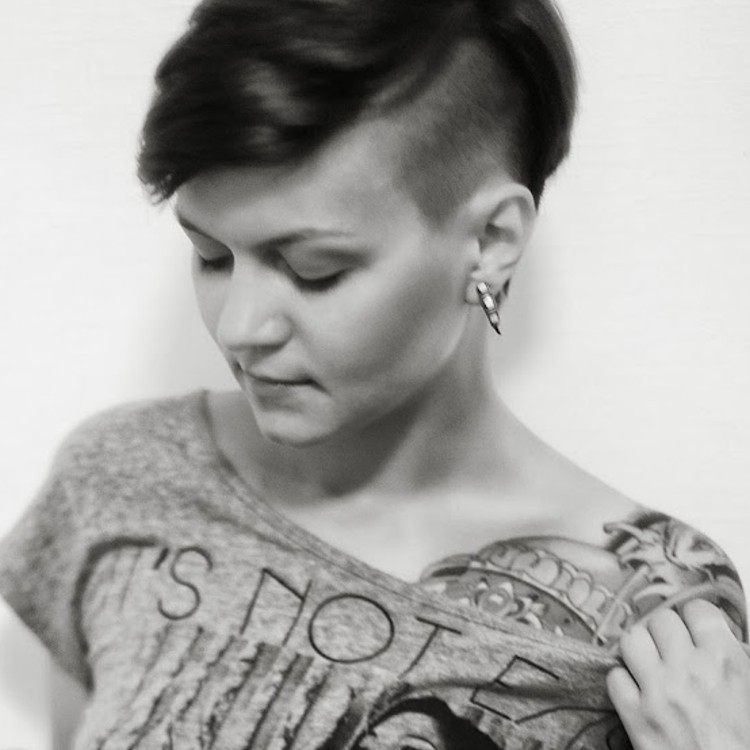Leonard Cohen
Leonard Norman Cohen was a Canadian singer-songwriter, poet, novelist, and folk music legend. His work was known for deeply melancholic lyrics exploring themes of longing and loneliness. His most famous songs, "Suzanne" and "Hallelujah," have been covered countless times by other artists.
Childhood
Leonard Norman Cohen was born on September 21, 1934, in Westmount, Canada, into an Orthodox Jewish family. His maternal grandfather, Rabbi Solomon Klinitsky-Klein, escaped Poland for Canada during the 1923 Jewish pogroms. His paternal grandfather, businessman and bon vivant Lyon Cohen, co-founded Canada's first Jewish newspaper, The Jewish Times. His mother, Masha Klinitsky, was an immigrant from Lithuania.Leonard grew up steeped in Jewish traditions, attending Jewish school and eventually celebrating his bar mitzvah.

He also had a passion for music. At 17, he bought his first guitar for just $12. Cohen later recalled it as a terrible instrument with metal strings that sliced his fingers raw. Without pop culture or television, he had to teach himself everything. Leonard only discovered guitars with softer nylon strings years later. "Girls like guitars," he figured, so he formed the group "Buckskin Boys."

After university, Cohen intended to become a lawyer and even studied for a year at Columbia University. But discovering beatnik culture, Jack Kerouac's works, and folk music pulled him back to his creative calling.
Writing Career
Leonard Cohen's first poetry collection, "Let Us Compare Mythologies," dedicated to his father's memory, came out in 1956. The book brought him no fame, no money, and none of the women he desperately wanted.
Cohen wrote the book on the Greek island of Hydra, living almost like a hermit. He wrote up to 20 hours a day, fueling himself with heavy doses of LSD. During the final week, he suffered a nervous breakdown and severe sunstroke, spending two weeks delirious with fever reaching nearly 40°C.

Musical Career
In 1966, Cohen realized he couldn't make a living as a writer in Canada. He moved to New York to pursue a musical career. He was already 32 years old. Every music promoter told him he was "too old for such games."
In the summer of 1967, Leonard was invited to perform at the Newport Folk Festival, where Bob Dylan's producer John Hammond noticed him. In Cohen's Chelsea Hotel room, Hammond listened to seven songs and offered him a contract with Columbia Records.
In the US, the album didn't crack the Billboard Top 100, and neither did any of Cohen's later works. He never became a major figure in the United States. The flower power generation had no use for the melancholic songs of a mature man in a suit and hat. Cohen didn't fit the spirit of the times.
In 1973, during the Yom Kippur War between Israel and a coalition of Arab countries, Cohen flew to the Promised Land and asked to enlist as a volunteer on the front lines. When refused, he contributed to the war effort by performing for IDF soldiers.In interviews, he often said that 'the 60s were a great time that lasted about eleven minutes, and then the merchants arrived.' Such statements didn't exactly endear him to the youth.

Starting in 1996, Cohen spent five years at a Zen Buddhist monastery near Los Angeles. He served as driver for his mentor Roshi, meditated daily, and cooked for the community. This experience helped Cohen overcome his depression and find inner peace. When asked how he reconciled Judaism and Zen Buddhism in his worldview, Cohen replied, "There is no religious worship or prayer in Zen, which means that theologically, Judaism and Zen do not contradict each other."

Leonard Cohen's Personal Life
Leonard Cohen never married. Because of the womanizer persona he crafted in his songs, many assumed he'd been with dozens of women. Later in life, he revealed this was far from the truth. Instead, each decade featured one significant, long-term relationship.


Young Leonard was fascinated by hypnosis. He first experimented on animals, then on the family housekeeper—even making her undress.
Religion remained central throughout Cohen's life. He believed meditation offered far more than fame, wealth, wine, and women ever could.

Death
Leonard Cohen's final album, "You Want It Darker," was released in October 2016. One song featured the Hebrew words "Hineni, My Lord," meaning "Here I am, Lord." Fans interpreted this as a premonition of his death, but Cohen dismissed such fears at a press conference, declaring: "I intend to live to 120."

Found an error? Select the text and press Ctrl+Enter
Error in the text? Select it — a send button will appear
Publication Details



